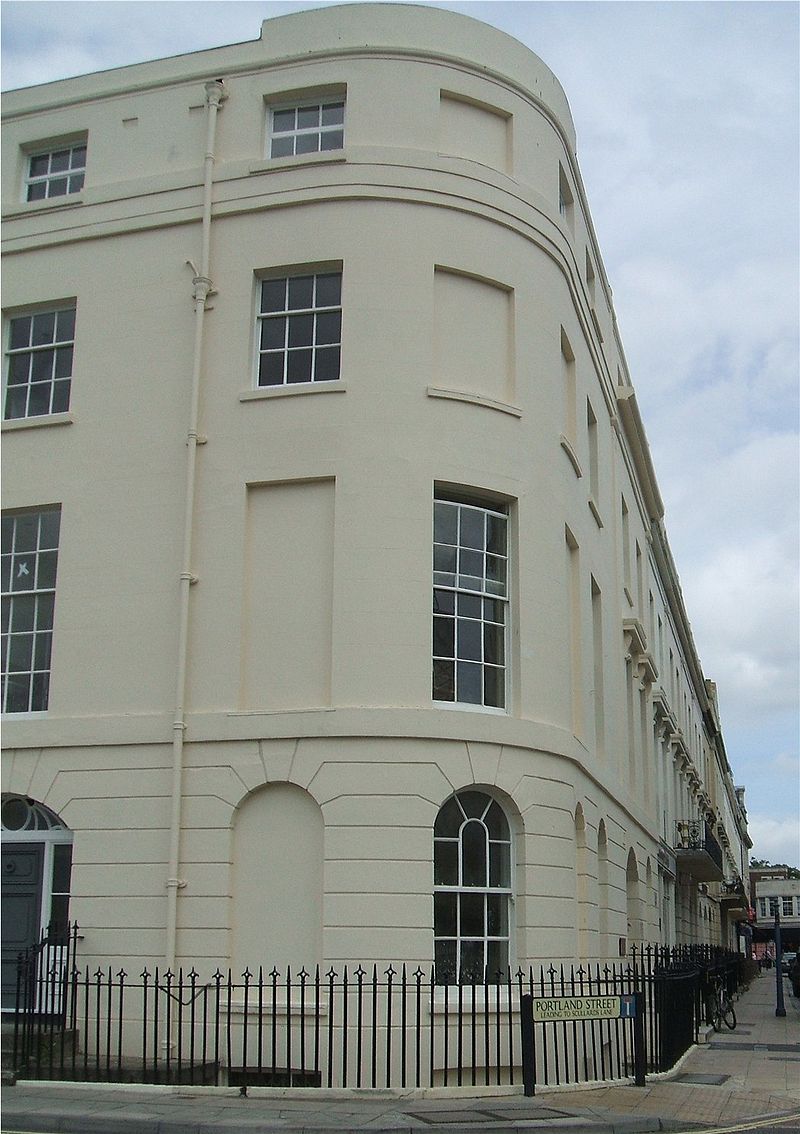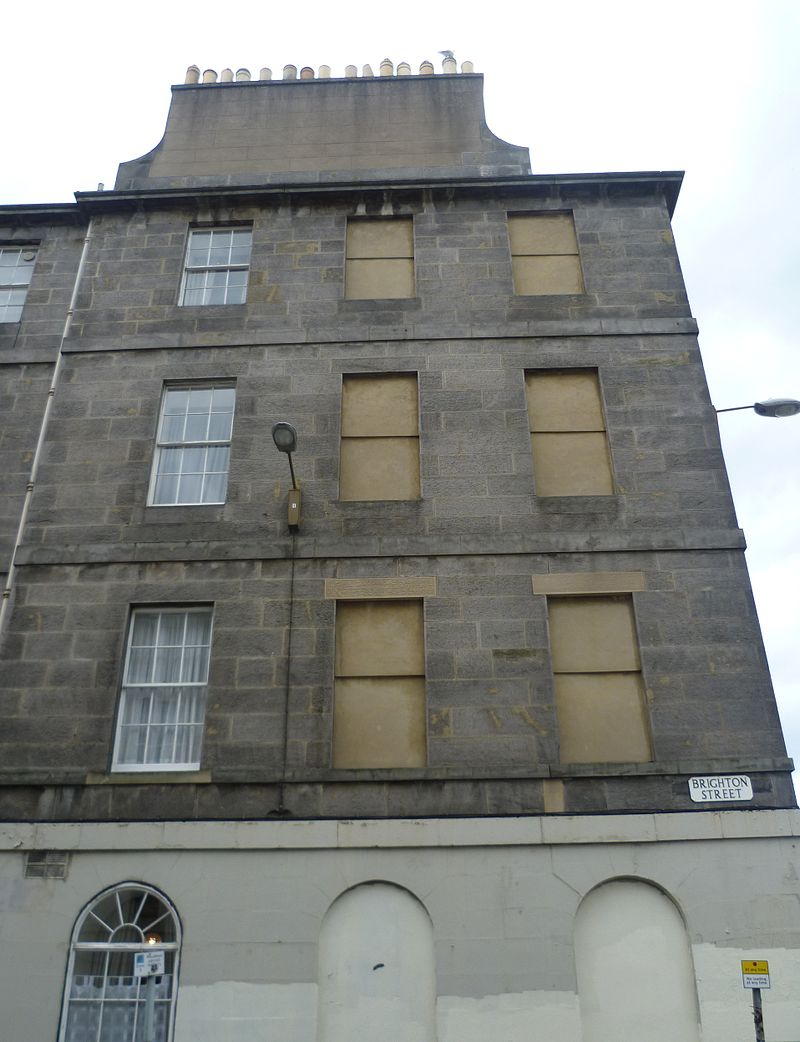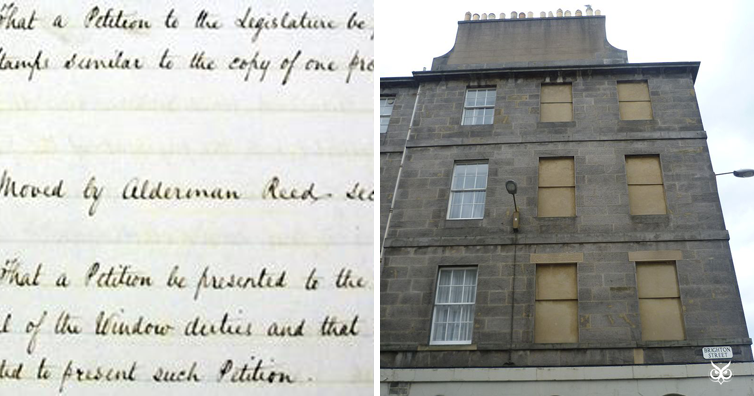We often laugh on those bizarre US state laws (here’s a list of the Craziest And Funniest Laws Of Every US State) but 17th century Europe was no different. People in England, France and other parts of Europe had all sorts of questionable laws and taxes – one of the most weird ones being the Window Tax.
The Window Tax was introduced in England in 1696 and although being deeply unpopular, it lasted for 155 years (up until 1851). During the 18th and 19th centuries the tax was also expanded in France, Ireland and Scotland. Despite being extremely peculiar, the way it worked was quite simple: people were paying their property tax according to the number of the windows of each house.
It was a progressive tax and, initially, houses with fewer than 10 windows were exempted from the window tax while houses with more than 10 windows were charged according to the number of windows. Poor people, who often lived in smaller houses with few windows were in theory taxed less but even though this was true in rural areas, in urban areas were poorer people couldn’t afford an individual home and were living in large tenement buildings, they were charged according to the total number of windows of the building. But people found a clever way to avoid paying the tax. (the article continues after the ad)
In retaliation, British bricked-up their windows and that is why, even today, many buildings of the era still have their window spaces blocked:


If you like what you read, then you will definitely love this one: These Are The Craziest And Funniest Laws Of Every US State
Photo: Parliament of the United Kingdom | Wikimedia
Photoshop: I’m A Useless Info Junkie
Sources: Window Tax | William III, 1695-6: An Act for granting to His Majesty severall Rates or Duties upon Houses for making good the Deficiency of the clipped Money. [Chapter XVIII. Rot. Parl. 7&8 Gul. III. p.5.n.4]



